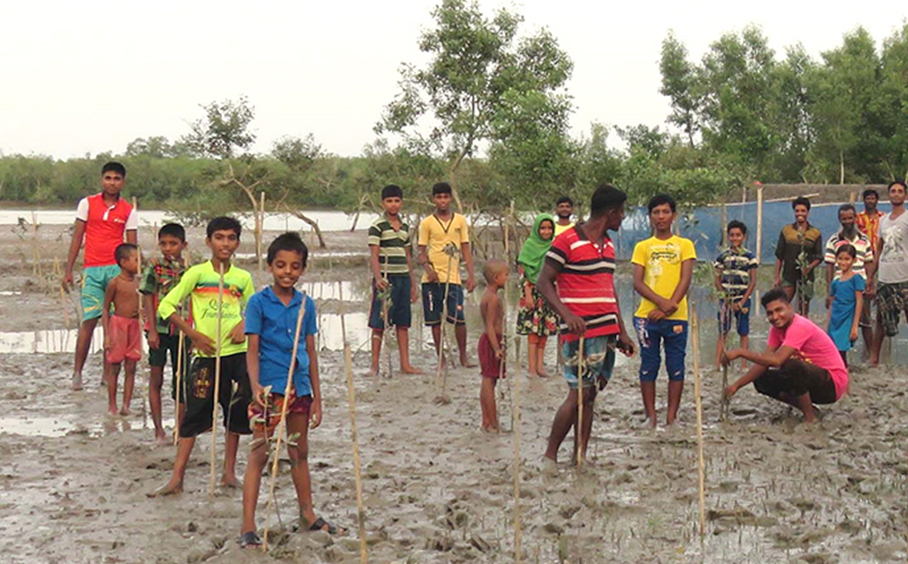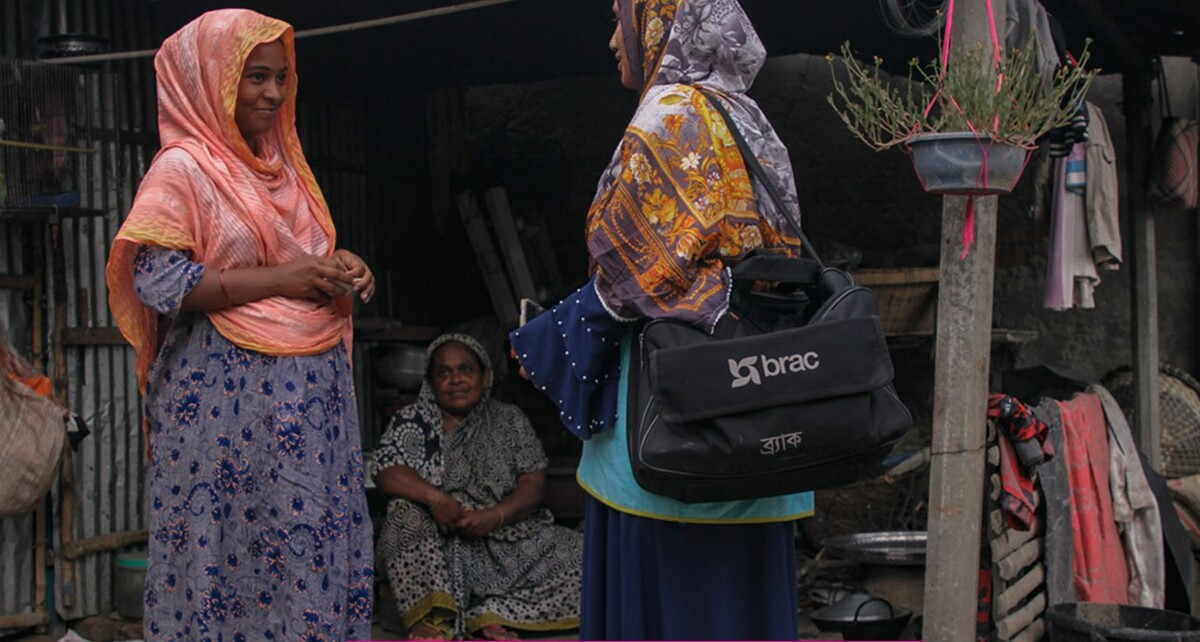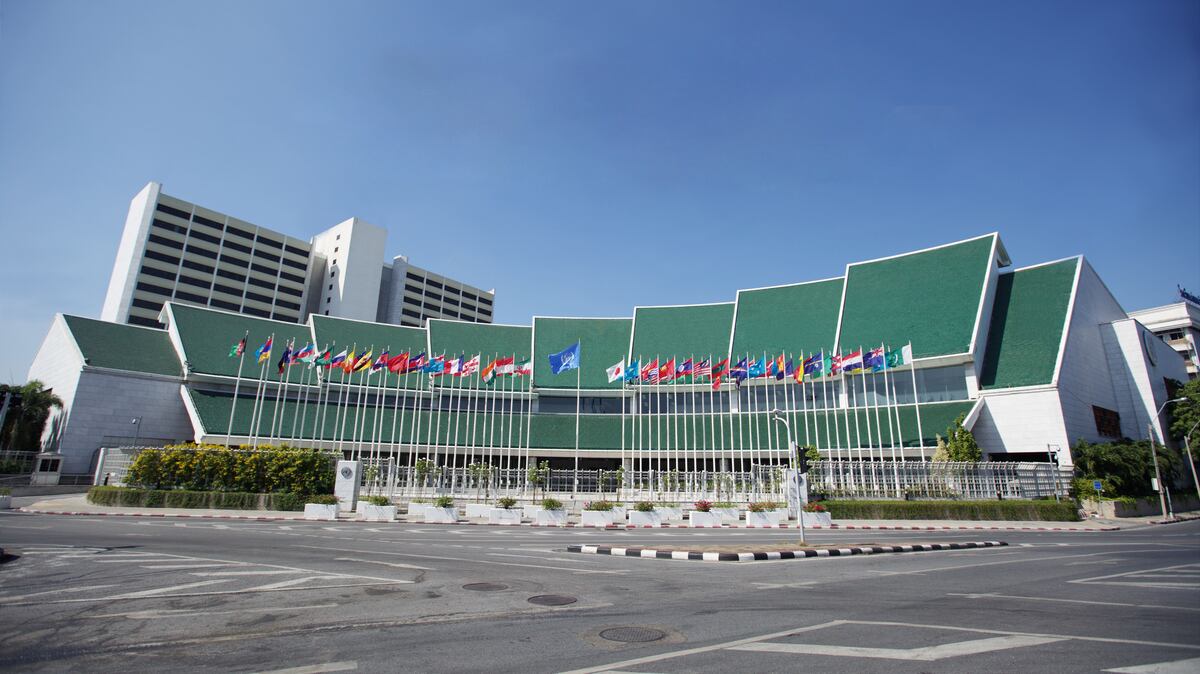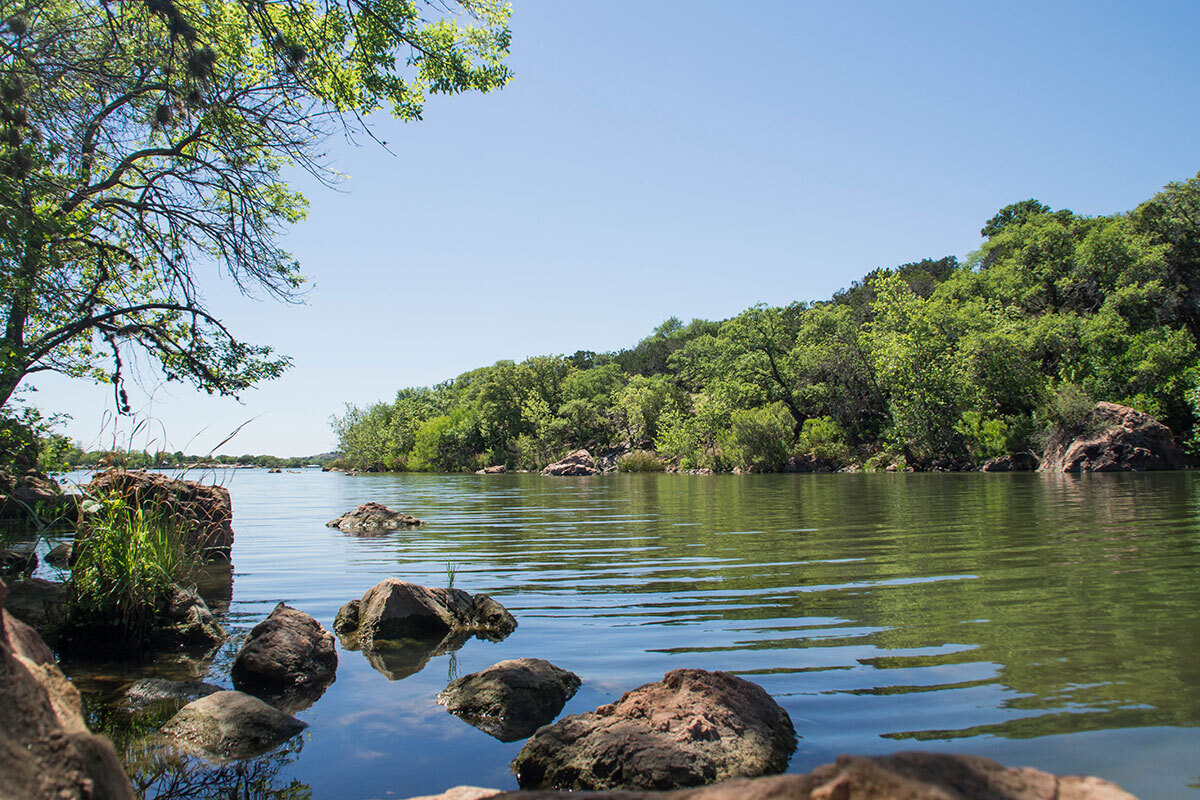
Photo by JEEF
Issue
Farmers and fishermen residing around Sundarbans live in chronic economic poverty due to a lack of cash income
Solution
Mangrove reforestation initiated by local people generated value-added agricultural products and tourism
Climate change affects farmers in Sundarbans
Sundarbans is a mangrove area in the delta formed by the confluence of the Ganges, Brahmaputra, and Meghna Rivers in the Bay of Bengal, which is one of the largest such forests in the world (140,000 ha). Four protected areas in the Sundarbans are enlisted as a UNESCO World Natural Heritage as well as the Ramsar site. Traditionally, the Sundarbans is characterized by small-scale farmers and fishermen. They live in chronic economic poverty due to a lack of cash income. Climate change has been putting pressure on farming practices, and the cost of environmental damage associated with ecosystem degradation and biodiversity loss is huge.
Mangrove forests as a powerful solution
Production using resources nurtured by the mangrove forests (primary industry), and “sixth industrialization” are promoted by integrating processes including food processing (secondary industry) and services such as sales of value-added agricultural products and tourism (tertiary industry). The development of value-added products, promotion of marketing, and ecotourism have led to livelihood improvement for rural producers. Local residents are planting and preserving mangrove forests, and engaging in environmental education, for sustainable local resource use.

The formation of the Sundarbans Workers Cooperative Society, a cooperative of agricultural, livestock, forestry, and fisheries workers, has improved the efficiency of their activities and strengthened the basis for those approaching the industry. In addition, by registering with the government as a cooperative, it became possible to conduct activities with a high level of trust as a formal organization. The cooperative also aims to create a sense of ownership for the continuation of the organization by having members make monthly payments for the operating expenses of the cooperative as membership fees.
The organization has been taking the lead in improving the production technology of agricultural, livestock, forestry, and fishery products by utilizing the resources of the mangrove forests. At the same time, members are developing marketing strategies to sell their newly developed value-added products, such as processed shrimp and crab products and natural honey, at the local market in the neighboring city of Khulna. In addition, the cooperative aims to improve the livelihoods of local communities in a multifaceted way by developing ecotourism that takes advantage of the rich mangrove forests which are designated as a Ramsar site, and green tourism that allows people to experience the local traditional agriculture, forestry, and fisheries. In order to guarantee the quality of the products developed, the cooperative is currently trying to gain certification from the Bangladesh Quality Control and Inspection Institution (BSTI)
Afforestation and environmental education by the local community
In order to promote the appropriate and sustainable use of the mangrove forests that local businesses benefit from, primary producers involved in the agricultural, livestock, forestry, and fisheries industries around the Schaumburg, and students from more than 10 nearby schools are involved in mangrove planting activities and environmental education. Through these steady activities, the mangrove forests in the coastal watershed are beautifully preserved.

The Bangladesh Environment and Development Society (BEDS), a local environmental NGO, in collaboration with the Japan Environmental Education Forum (JEEF), a Japanese environmental NGO, has been working on these projects, which aim to conserve mangrove forests and improve the livelihoods of local communities. BEDS has been conducting ongoing activities by combining various schemes using small grants. In the future, the cooperative will aim to take the lead in establishing a system to circulate the local economy while sustainably utilizing the resources of the mangrove forests without relying on foreign aid.
Location
Related Information
- Japan Environmental Education Forum (JEEF), Project on livelihood improvement for small-scale natural honey producers in the Sundarbans, Bangladesh (Phase I - III)
- The World Bank, Building Resilience for Sustainable Development of the Sundarbans through Estuary Management, Poverty Reduction and Biodiversity Conservation




